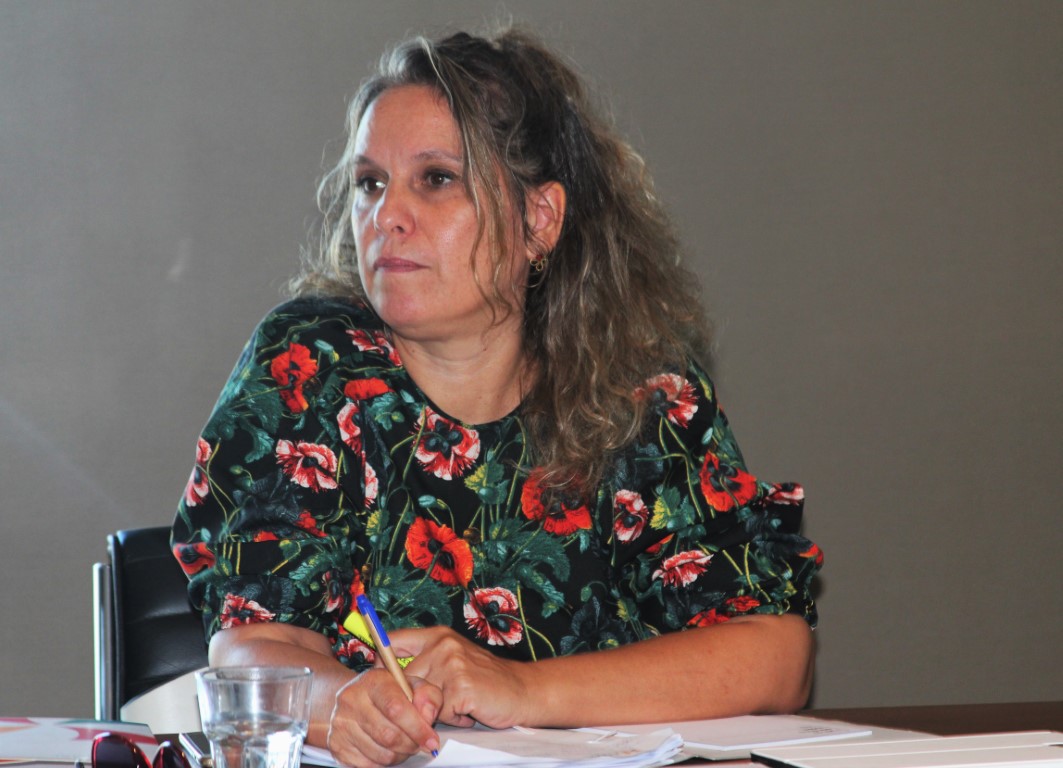1,5 euros per tourist, to be applied from March to October and only in the first seven days of stay. This was the proposal for the Municipal Tourist Tax approved by the majority of AMAL – Algarve Intermunicipal Community, meeting today, 21 September, in Castro Marim.
According to AMAL's forecast, the introduction of the tourist tax could translate into annual revenue of 20 million euros.
The guiding document was submitted for discussion, at a meeting at which the Sul Informação he attended, and had only the vote against by Rosa Palma, mayor of Silves, as well as the abstention of Luís Romão, vice mayor of Vila Real de Santo António. Vila do Bispo missed the meeting.
rose palm, who had already demonstrated against the Tourist Tax, considered this measure a "scam", not least because it creates "regional inequality" and will have "counterproductive effects on tourism".
Luís Romão, on the other hand, abstained, due to the fact that Vila Real had already foreseen the creation of a Tourist Tax of 1 euro, even before the AMAL proposal appeared. Added to this is the fact that the municipality is still being intervened by the Municipal Support Fund. In Vila Real de Santo António, the proposed Tourist Tax has even been approved by the Municipal Assembly.

All the other mayors present voted in favor (Vila do Bispo was absent), but the truth is that there was discussion on several points.
José Carlos Rolo, mayor of Albufeira, a municipality that is the main tourist destination in the region, proposed that the document should provide for a 1 euro fee (and not 1,5 euros) to be applied only for four days. The proposal was unsuccessful.
Rogério Bacalhau, president of the Chamber of Faro, even said that "I would not make the proposal that way". For the mayor, the fee could even be 2 euros, including the months of November, December, January and February. These ideas were not, however, the vote.
According to the document approved this Friday, children up to 12 years old will be exempt from payment.
After the approval of this measure, today, in Castro Marim, the ball goes to the side of the local authorities. This is because each municipality will now have to approve the regulation of the tourist tax, in the respective Municipal Chambers and Assemblies.
And there, in these two bodies, this guiding document may undergo some changes, even in terms of the value of the Tourist Tax: whether 1, 1,5 or 2 euros, for example.
Therefore, there is still no set date for the tourist tax to come into effect, although AMAL indicates that it should begin to be applied, preferably from March 1, 2019.

Jorge Botelho, president of the Algarve Intermunicipal Community, believes that the measure will have no consequences on demand flows, despite the hoteliers' contestation.
"The introduction of the tourist tax aims, in some way, to make the tourist pay a part of the costs that the municipalities bear with and during their stay," he said.
All hotel establishments, after charging the fee, will deliver the money to the Municipal Councils, but part of the revenue must, according to AMAL, be channeled to inter-municipal initiatives.
This money will be used for a portfolio of common projects, «whose financing will be supported by the Municipalities, in proportion to the income obtained by each one».
In other words, part of the income from the Tourist Tax must be sent to AMAL, which will then manage this money. Silves, despite being against the tourist tax, is in favor of contributing to all Municipalities and Rosa Palma guarantees that he will do so. The percentage of the contribution of the Municipalities is not yet defined. Jorge Botelho, for example, defended that the value varies “according to the projects in question”.
And what kind of initiatives can all the Municipalities bring together? The bet on Ecovia and the Via Algarviana, which cross several municipalities, can be an example, but nothing has been defined yet.
AMAL foresees, for example, interventions in the areas of Culture, heritage rehabilitation and actions to promote the region, but «within a framework to be defined with a wide range of regional partners».
In Portugal, tourist taxes are already in force in Lisbon and Porto.



















Comments